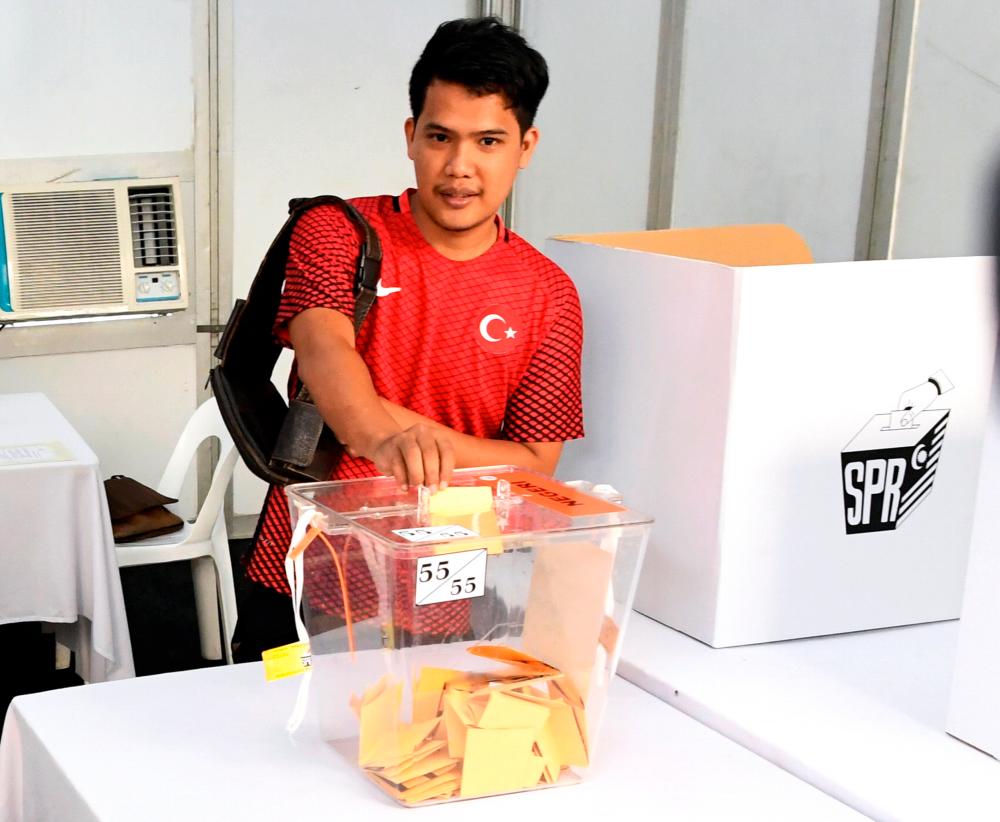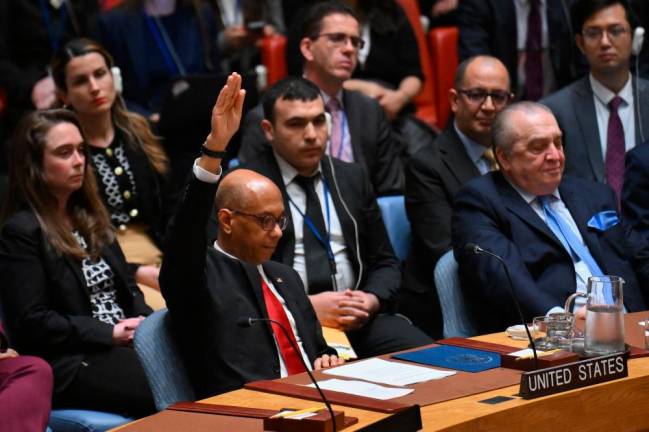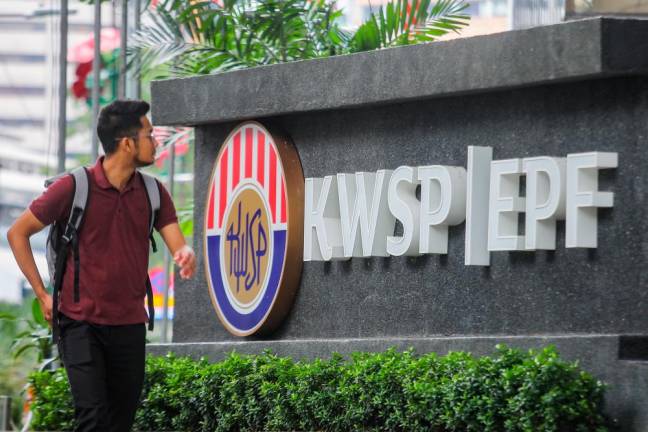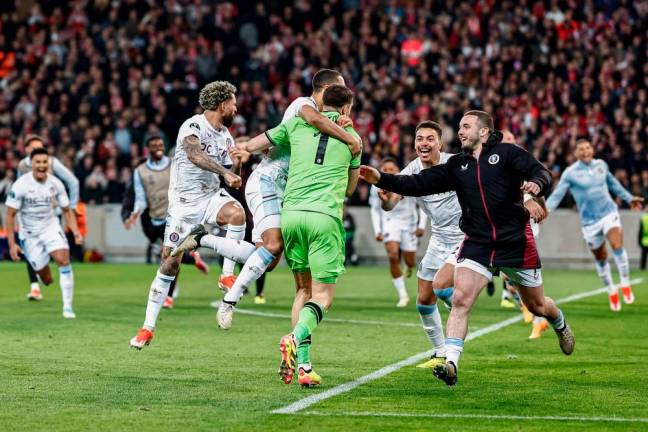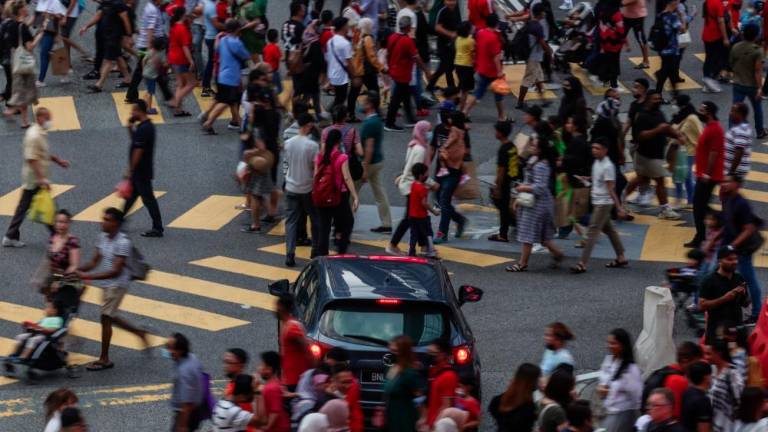PETALING JAYA: While an infusion of young blood will give Malaysian politics a fresh start, the sentiments of 18 to 21 year olds are anybody’s guess.
A political analyst theSun spoke to on the impact of Undi18 sees optimism ahead as young minds replace old politicians already set in their ways.
On the other hand, another expert believes it is too soon to know if the entry of voters still in their teens or barely out of it would shake up the political scene significantly.
Prof James Chin of the Asia Institute at the University of Tasmania sees it as a breath of fresh air.
“(Allowing young people to vote) is the right thing to do,” he said.
“I am in favour of letting the younger generation get involved in politics because, like many others, I have given up hope on the older people running Malaysia.”
Chin attributed today’s problems to the older professional politicians who have been in the game for too long.
“We need a reset and to do that, we must have a massive infusion of new and young voters,” he said.
He believes they will bring a “profound change” to Malaysian politics.
An amendment to the Federal Constitution to lower the age of eligibility to vote from 21 to 18, which was gazetted on Dec 15, takes effect this Sunday.
It will potentially add another 5.8 million new voters to the electoral rolls, raising the size of the electorate by 40% to 21 million voters.
Chin said for a start, the young voters would focus on issues that are different from that deemed important by their parents’ generation of voters.
“The government will have to step up its game and pay attention to the issues that matter to the young,” he said.
Chin also noted that the youth of today are also more politically aware than those from the previous generation.
“Most of the young conduct their political conversations and debates on social media, with Twitter being a popular platform.”
He said while the older generation may have qualms about the credibility of social media, it cannot be denied that it is a transparent medium.
“Overall, it will give Malaysian politics and policy-making a positive impact.”
However, Chin said if young people play the religious card, the long-term trajectory of the country would be very different. “But I have hopes for the youth. I believe they will bring a positive change to the nation.”
However, Singapore Institute of International Affairs senior fellow Dr Oh Ei Sun said it was still difficult to see what Undi18 has in store for the country.
He pointed out that of the 5.8 million new voters expected to join the electoral roll this year, not all are aged 18 to 21.
“There are some in the older generation who have yet to register as voters and they may do so now,” he told theSun.
Oh said while the young would likely make up a substantial portion of the new voters, they would still have the same political predilections as their seniors.
“Furthermore, there are youngsters who are entirely apathetic as much as there are those who are aware of political events, hold strongly to their political beliefs and are happy to speak up.”
He said unfortunately, it is difficult to see who belongs to which group.
Oh also pointed out that while one could be active in politics, it does not mean that he is also progressive.
“Some voters may seem active yet hold on to conservative ideologies and even regressive views. Certain political parties have over the years managed to groom certain individuals to think and function in a certain way,” he said.
“When you combine these three factors, it becomes nearly impossible to ensure a certain outcome. What we can do is wait and observe the results in the forthcoming general election to witness what the effect is on society in general,” he added.




